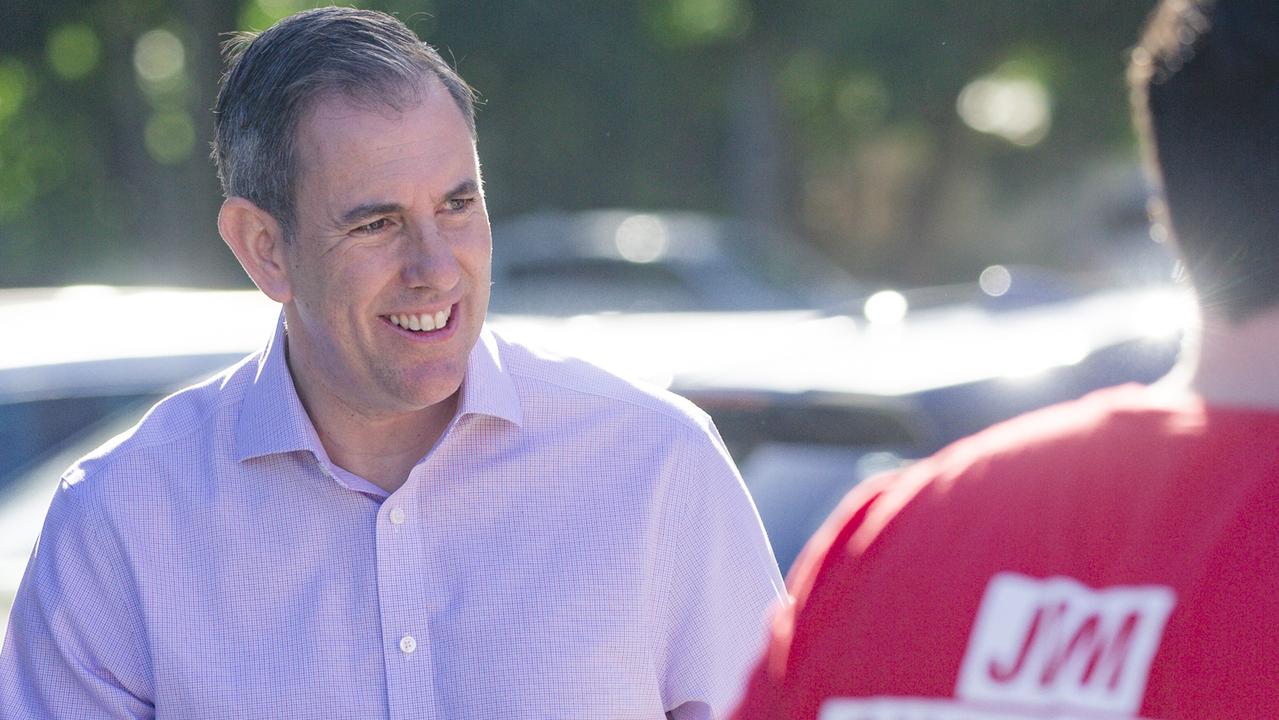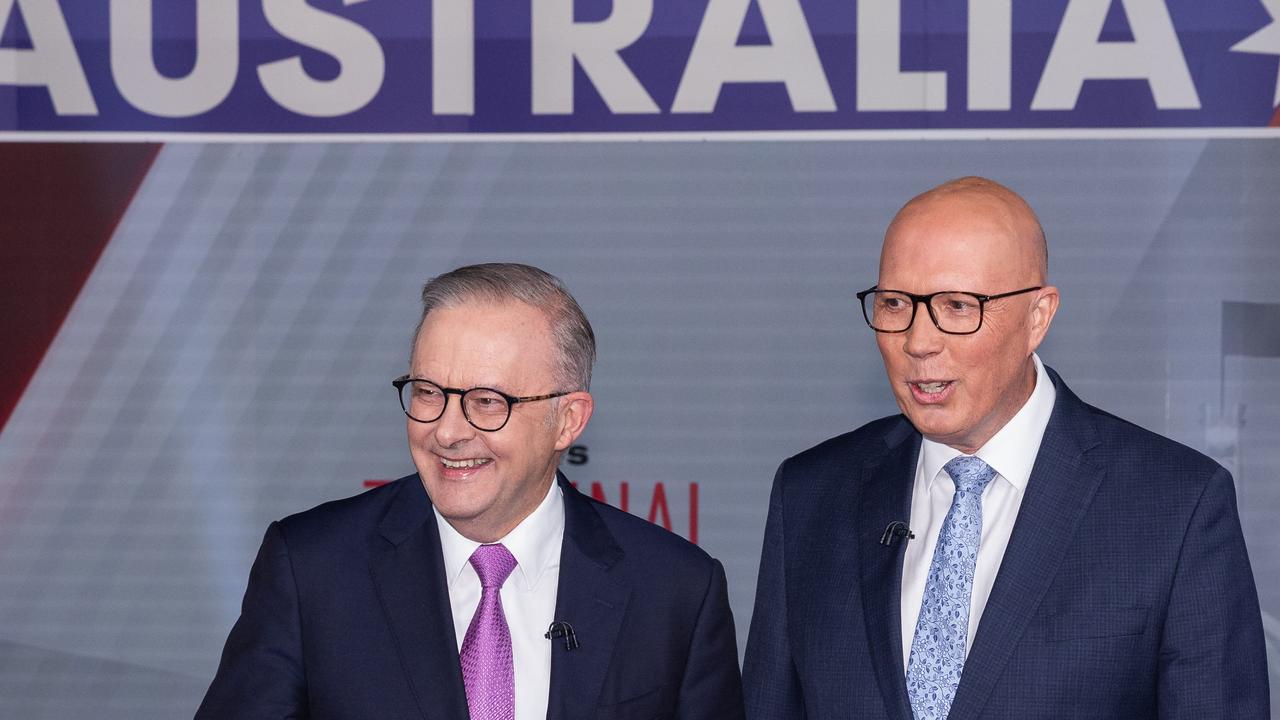Coronavirus Australia: Expert warns of the ‘second-round’ impacts of the coronavirus on Australia’s economy
Australia is putting billions into its coronavirus response but one expert has warned of a “second-round” impact that could cost it even more.

Australia’s response to the coronavirus outbreak will cost it more than $320 billion but one expert believes there could be a second wave of economic losses that may even top this.
Grattan Institute household finances program director Brendan Coates said the impact to the economy coming down the pipeline from COVID-19 was unprecedented, and was certainly bigger than anything Australia has seen since the Great Depression.
During a webinar hosted by the Grattan Institute on Thursday, Mr Coates said organisations like the Organisation for Economic Co-operation and Development (OECD) had estimated the crisis had curtailed a quarter of economic activity across the world.
There will be an estimated 2 per cent fall in annual GDP for every month the world is locked down.
Mr Coates said Australia had so far “baked in” the direct costs of the public health crisis, including the $320 billion cost of government rescue programs such as the $130 billion JobKeeper payment.
But there was also a “second round” of impacts that could be even worse.
This is the result of businesses and individuals scaling back their spending and investment, even if they haven’t been impacted by the coronavirus restrictions which puts even more pressure on the economy.
“Consumer confidence has crashed,” Mr Coates said.
In the week ending 29 March, the ANZ-Roy Morgan Consumer Confidence index plunged to its lowest level in its nearly-50-year history.
“It came back up a bit with the stimulus,” Mr Coates said. “But it’s still well down and so that would suggest (the stimulus) isn’t doing enough to restore confidence.”
The possibility of second-round impacts can also been seen in Australian Bureau of Statistics data that Mr Coates said showed the amount of firms seeing a hit to their turnover, was larger than the number of firms directly affected by the social distancing measures.
Modelling done by the global financial institute owned by bankers, the Bank of International Settlements, suggested that the hit to the economy from the second-round impact could, in some cases, be as large as the first-round impact, he said.
RELATED: Follow the latest coronavirus updates
RELATED: Who gets money from the coronavirus stimulus package?
RELATED: How to I apply for free childcare?

Mr Coates said they would know more in the next couple of weeks about the long-term economic hit once it was more clear what Australia’s “end game” looked like.
Authorities are currently considering the best way to ease social restrictions in Australia and how to end the lockdowns.
There are several strategies and Mr Coates believes a “short, sharp” shutdown to try and eliminate the virus in Australia would have the lowest impact on economic activity, compared to a longer period of shutdown.
RELATED: Difficult decision Australia faces to end the epidemic
More will be known in the next couple of weeks as experts will see what happens in countries like Singapore, Japan, and China, and whether they can manage infection rates after easing restrictions.
Mr Coates believes the second-round impacts could be worsened if Prime Minister Scott Morrison follows through on his suggestion for a “snapback” on the rescue package after six months.
“It’s likely we’re going to be in a fairly severe recession – unemployment takes a long time to recover – we could find ourselves making that problem a lot worse if we expect that we just go from economic support, straight back to normal, without some policy in between,” he said.
Mr Coates compared the situation to a patient coming out of ICU, “you don’t stop treating them, the treatments just change”.
Overall Mr Coates said Australia could come out of the crisis with a $500 billion debt and there was already discussion about who would eventually have to repay it.
“It’s future generations that will pay, and current generations, to the degree we do raise some taxes soon,” he said.
Mr Coates said there were clear intergenerational reasons to look at changes in policies like superannuation tax breaks as a way of recouping some of the lost revenue.
The fairness of franking credits is also being raised again.
However, he cautioned against focusing on the debt and said the support the government was providing was actually very cheap because of low interest rates that were below the cost of inflation.
“I don’t think it should distract us at the moment from worrying about doing what we need to do,” he said.
“The interest costs are going to be very small, and debts in the past, like during … World War II, they didn’t necessarily get repaid.”




